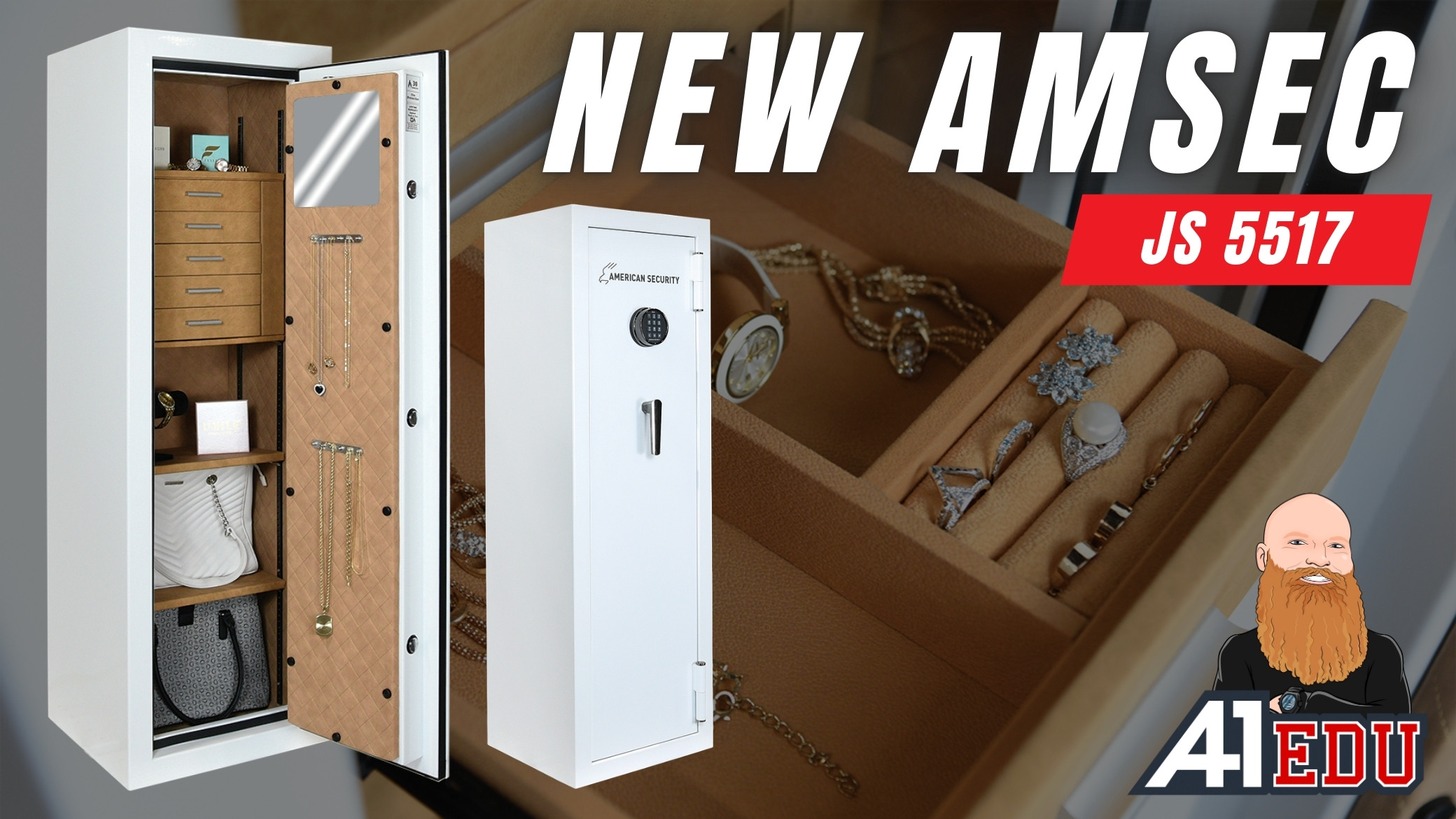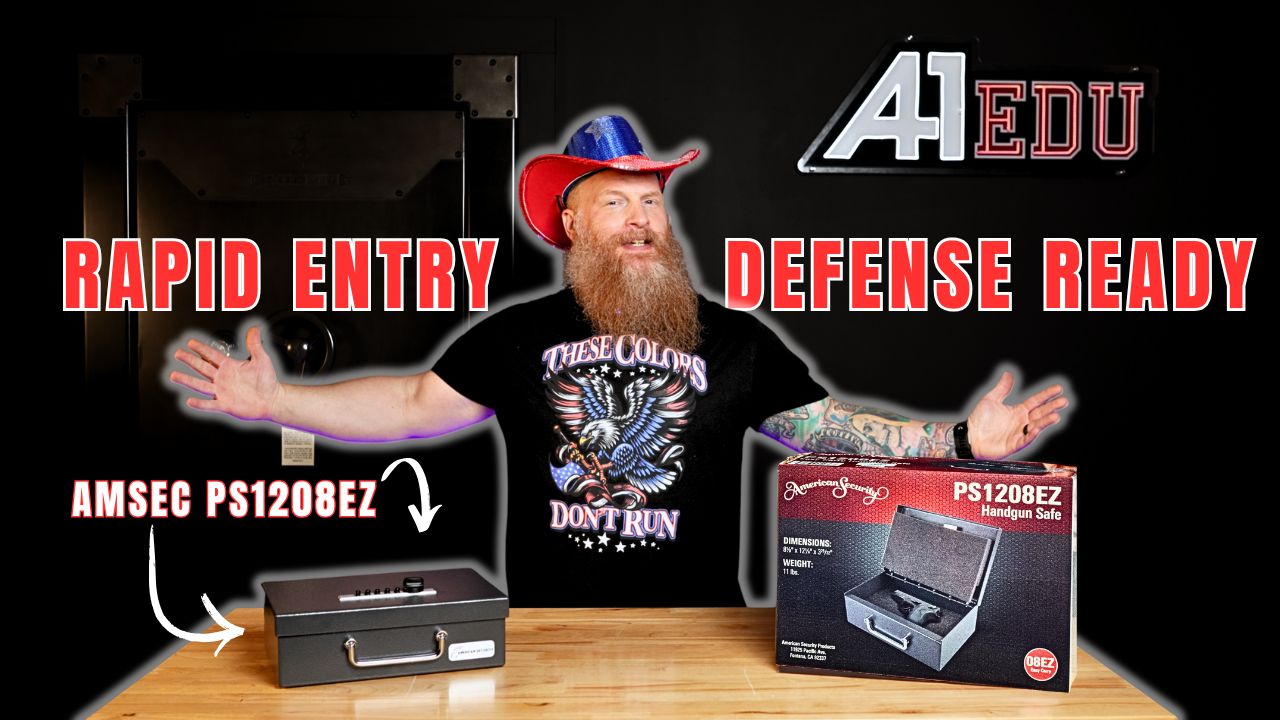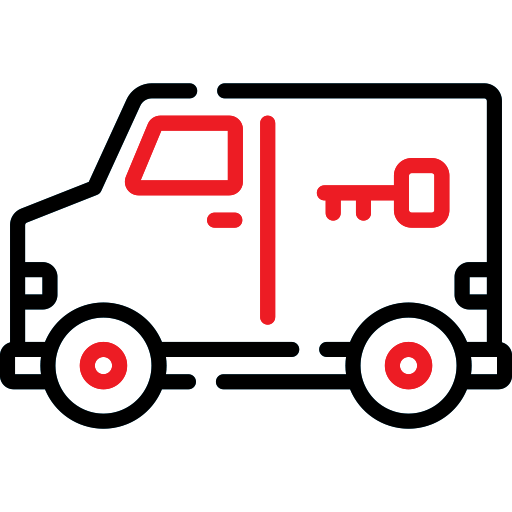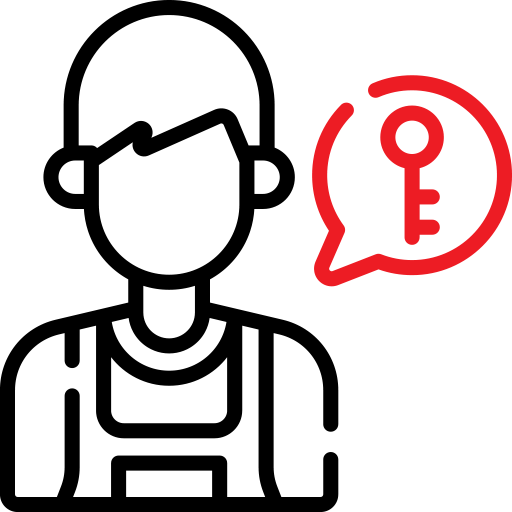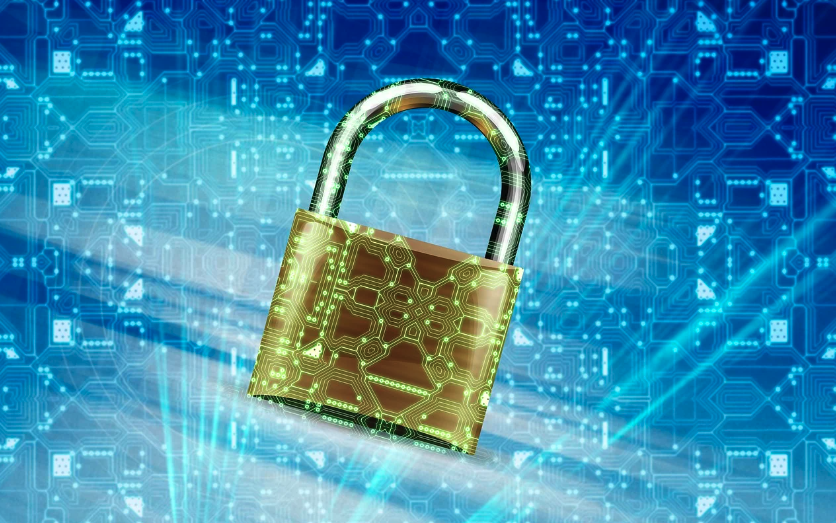
Fail safe? Fail secure? These two terms aren’t familiar to the average person, but they’re commonly used in the locksmithing and security industries. These are references to types of electronic locks, and while they sound similar, there’s a big difference between the two.
Specifically, two factors are key here (no pun intended): the default position of the lock and what it does when power is interrupted. What happens is different depending on whether the lock is fail safe or fail secure.
Let’s go over how each of these types work and why it matters.
About Fail-Safe Locks
The default position of a fail-safe lock is an unlocked position. So when these types of locks lose power, the lock returns to an unlocked position, which lets the door (or whatever it’s on) continue to operate. As such, it prevents lockouts. This is ideal for scenarios where you need access to a room or area of a property during an emergency. This is because when there is no power with a fail-safe lock, you’re still safe to exit. In general, fail-safe locks aren’t as prevalent as fail-secure locks.
About Fail-Secure Locks
Fail-secure locks are the more common type of electronic lock. These locks have a default position of wherever the lock is currently situated. So if it’s locked, it will stay locked if it loses power or power is interrupted. This isn’t ideal for emergency situations, but it makes sense for businesses that want to keep the door locked, and secure in the event of a power outage. If you’re locked out and a fail-secure lock is involved, a manual override is key—which is why it’s a common feature with fail-secure locks.
Which One Is Better? Does It Matter?
Determining whether to use a fail-safe or fail-secure lock depends on the purpose it will serve. If it’s in a situation where people are involved, you want a fail-safe lock because it allows for easy exiting. However, If you’re more concerned about protecting property or assets (and there aren’t any safety concerns) a fail-secure lock is a better choice. If you do use a fail-secure lock, always make sure there’s a manual override system in case emergency services need to access your property or a room for any reason.
If you have other questions related to locksmithing or security—or you’re interested in a product or service—contact A-1 Locksmith today.

